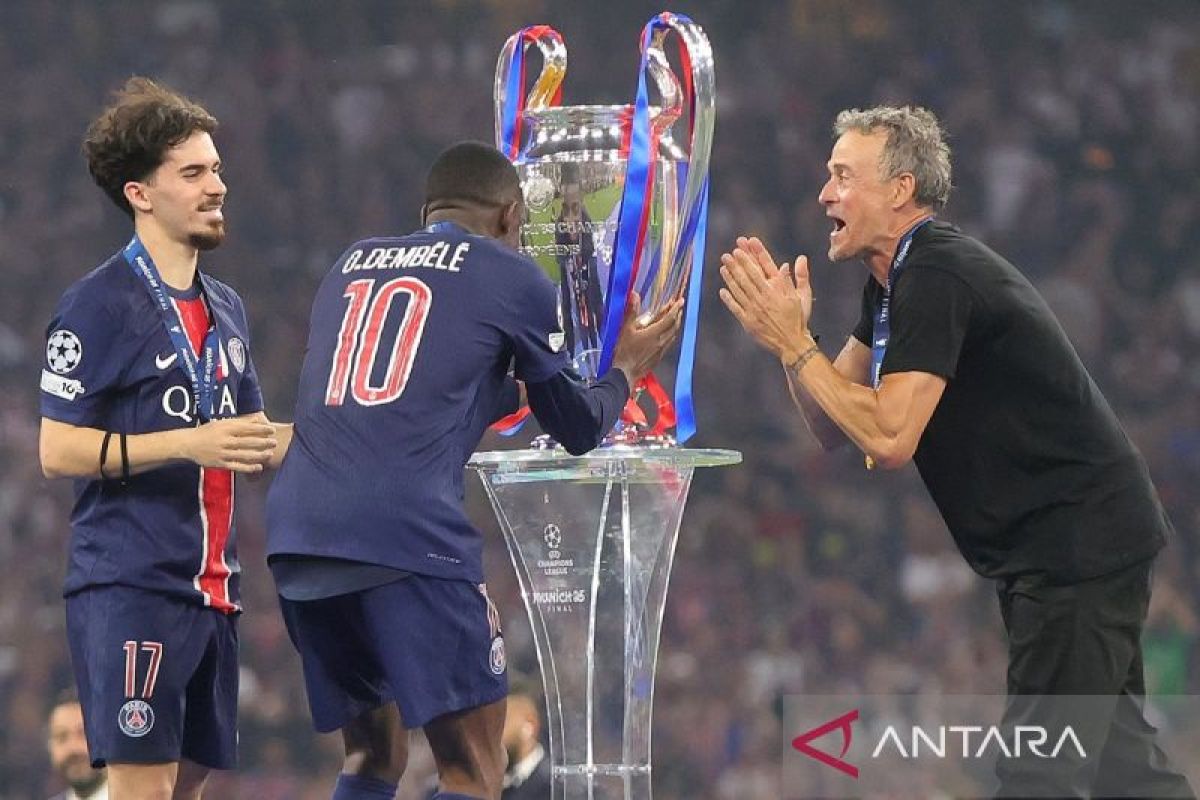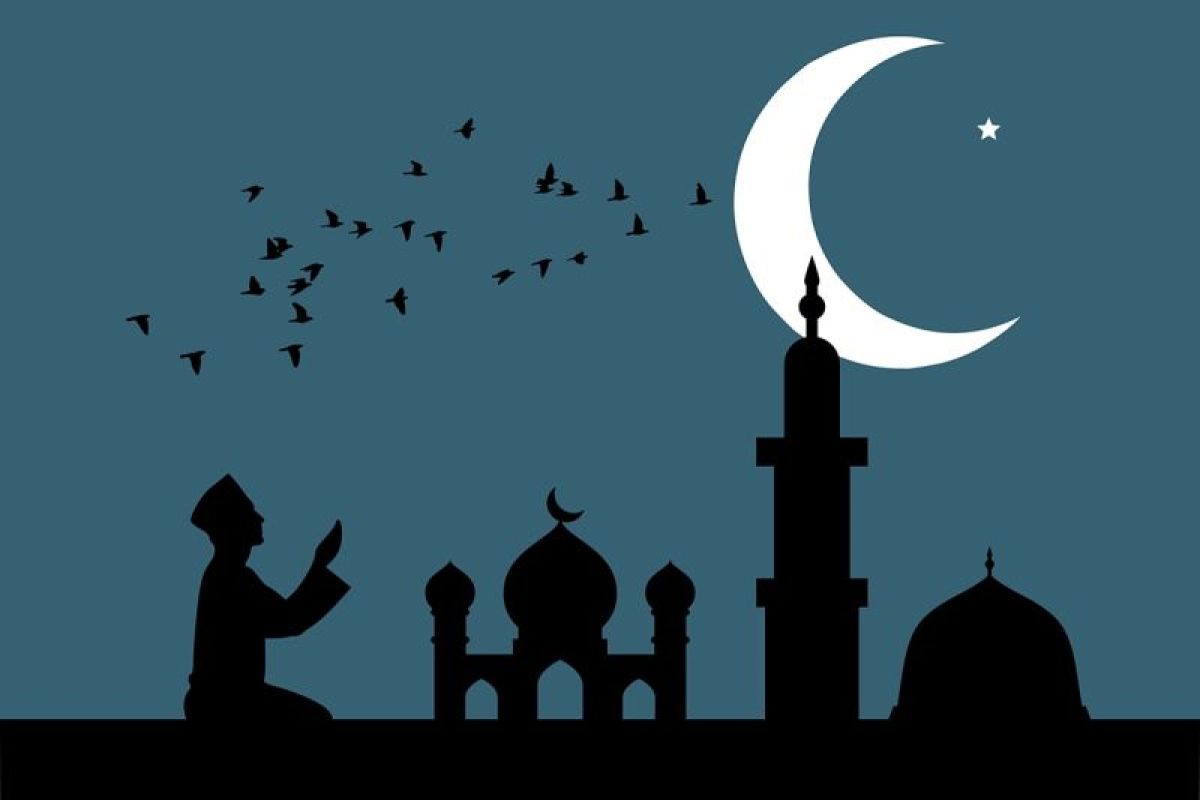Carlos or Jannik? The Spanish showman or the Italian ice man? It is time to pick your side, because the next great rivalry in tennis is upon us.
For four years Alcaraz and Sinner have duelled, but it was not until last month at the French Open that they met in a Grand Slam final.
The result was extraordinary — five-and-a-half hours in which the sport was played at a level never before seen. If that was the birth of the rivalry, then today comes its baptism here at the cathedral of tennis.
Alcaraz, 22, is the favourite, having won the last two titles here and five matches in a row against 23-year-old Sinner. But what that night in Paris told us is that when these two collide with their best tennis, there is not much to choose between them. The match will be decided by a point here and there.
Sinner and Alcaraz are the second duo in the Open Era to contest the French Open and Wimbledon finals in the same year — Rafael Nadal and Roger Federer did so three times from 2006-08.
Whoever wins, it will be the seventh Slam in a row these two have carved up between them. If one of them wins the US Open, as is very much expected, it will be the first time two men have won all the majors across two years since — you guessed it — Federer and Nadal in 2006 and 2007.
Jannik Sinner and Carlos Alcaraz are the second duo in the Open Era to contest the French Open and Wimbledon finals in the same year
Rafael Nadal and Roger Federer did the same feat on three occasions from 2006 to 2008
At last month's French Open was the first time Sinner and Alcaraz faced off in a Grand Slam final, the latter winning
The comparison is becoming impossible to escape. Sinner’s unflappable, graceful exterior owes much to the example of Federer. He is Italian but from San Candido in the north, and in temperament more similar to his Swiss neighbours, just 100 miles to the west, than his more hot-blooded countrymen further towards Italy’s boot.
Alcaraz, of course, grew up idolising Nadal and plays with the same pulsating physicality.
How desperately tennis needed these two to emerge. They are carrying the men’s game into a new era — two warheads the sport can bring to the battle for eyeballs and attention.
In looking ahead to the final, Alcaraz was happy to embrace that responsibility.
‘The things we are doing right now are great for tennis,’ he said. ‘We are fighting to engage more people to watch tennis, fighting for tennis to be bigger.
‘We are still really young, so I just hope to keep doing the right things for the next five or 10 years, just to bring our rivalry to the same table as those players.’
Sinner, typically, was more wary of embracing the comparison to the giants of the past.
‘You cannot compare what the Big Three did for 15-plus years,’ said the No 1 seed. ‘Of course, we find ourselves again in this position, the second consecutive Grand Slam that we are in the final. I believe it’s good for the sport. If we can make that happen for the next three, four years, then people can think about it.’
Whoever wins Wimbledon on Sunday, it will be the seventh Slam in a row Sinner and Alcaraz have won between them
If one of them wins the US Open later this year, it will be the first time two men have won all the majors across two years since Federer and Nadal in 2006 and 2007
Alcaraz grew up idolising fellow Spaniard Nadal and plays with the same pulsating physicality
So, who is going to win? Both players have had their struggles this fortnight. Sinner was two sets down to Grigor Dimitrov before a tear of the Bulgarian’s pectoral muscle ushered him through. It was an enormous stroke of fortune. Alcaraz was taken to five sets by Fabio Fognini in the opening round and has dropped three more sets since then. But in the quarter-finals and semis these two have looked like something close to their best. Sinner comes out on top in almost all the stats — but then again he always does.
He is the more consistent performer, whereas Alcaraz needs to face the best to play his best. It is revealing that the Spaniard slumped during the three months in which Sinner was serving an anti-doping ban.
Of course, the spectre of the French Open final will loom over Centre Court. Alcaraz came back from two sets to love down in Paris and from 5-3, 40-0 down in the fourth set.
Alcaraz can take huge confidence from that but so, too, can Sinner. He, of course, could easily have won and in mounting a comeback in that fifth set he answered to some extent the questions about his physicality — in his career Sinner has lost all seven of the matches which have lasted longer than three hours and 50 minutes.
‘I’m not thinking I have an advantage mentally because of that match,’ said Alcaraz. ‘I expect Sunday to be at the limit, on the line.
‘I just hope not to be on court for five-and-a-half hours again. But if I have to, I will.’

 2 months ago
26
2 months ago
26

















































